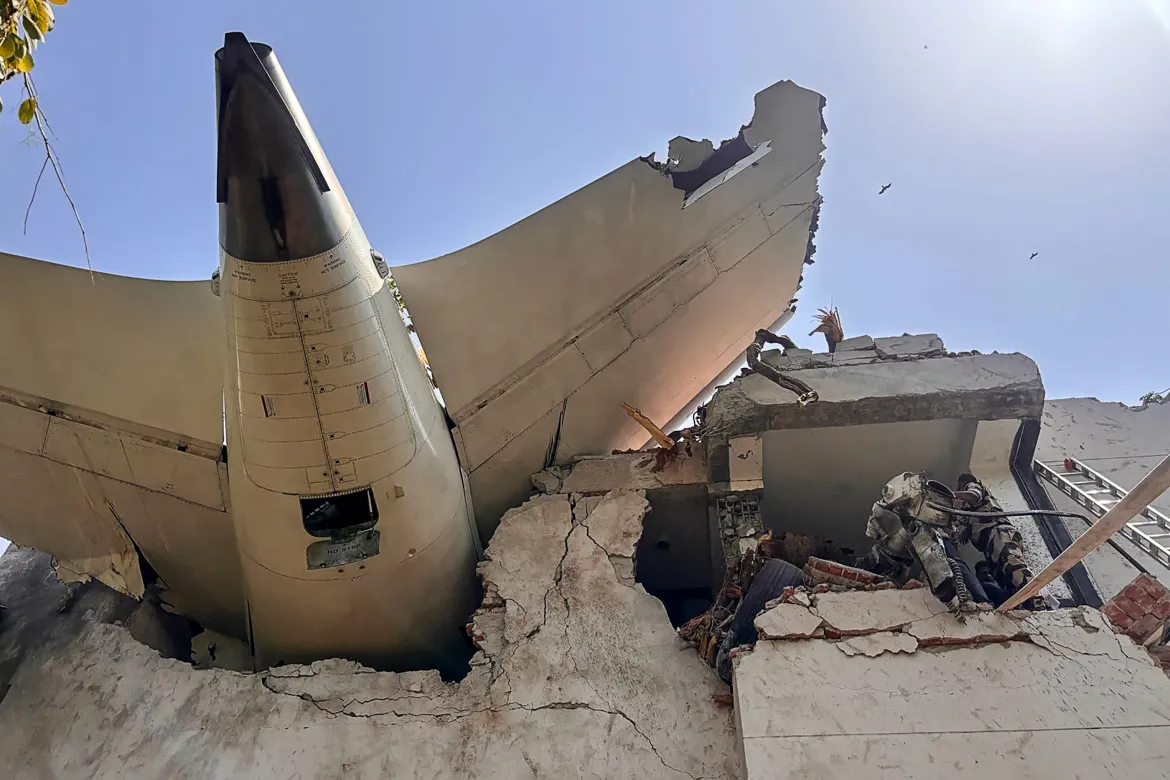FRANKFURT, May 27, 2025 — Germany has taken a significant step toward integrating self-driving vehicles into its public transportation network with the launch of public testing for the KIRA project in the Rhine-Main Metropolitan area. On May 26, registered test users in the towns of Langen and Egelsbach began booking rides on autonomous shuttles through a dedicated app, marking a milestone in the country’s efforts to advance driverless technology.
The KIRA project, short for “AI-based regular operation of autonomous on-demand transport services,” is a collaborative effort led by Deutsche Bahn (DB) and the Rhine-Main Regional Transport Association (RMV), in partnership with local operators HEAG mobilo and Kreisverkehrsgesellschaft Offenbach (kvgOF). The initiative aims to test Level 4 autonomous vehicles—capable of fully independent operation within a defined area under remote supervision—in real-world public transport settings.
Project Details and Objectives
The KIRA project employs six NIO ES8 SUVs equipped with Mobileye’s autonomous driving technology, supported by ioki’s booking and route-planning software and Bosch’s in-vehicle passenger assistance systems. These vehicles, which can operate at normal traffic speeds, are currently being tested in Darmstadt and the Offenbach district, with Langen and Egelsbach serving as the initial public testing zones. Safety drivers are present during this phase to ensure operational reliability.
Funded by the German Federal Ministry for Digital and Transport (BMDV) with approximately €2.2 million (US$2.3 million) and supported by the State of Hesse, KIRA seeks to develop a framework for integrating on-demand autonomous shuttles into public transport. The project, which began test operations in June 2024, is also studying user acceptance, traffic impacts, and regulatory requirements, with analysis conducted by the German Aerospace Center (DLR), Karlsruhe Institute of Technology (KIT), and the Association of German Transport Companies (VDV).
Public Testing and Future Goals
The public testing phase, which opened on May 26, allows registered users to book rides via an app, providing feedback on the service’s performance. The initiative aims to enhance public transport flexibility, particularly in underserved rural areas, by offering on-demand driverless shuttles. Testing is set to continue through 2025, with plans to transition to fully driverless operations monitored by a control center in the future.
Germany’s 2022 Automated Driving Regulation (AFGBV) enables this testing by permitting Level 4 autonomous vehicles in designated areas. The KIRA project is seen as a model for other regions seeking to incorporate autonomous vehicles into public transit systems.
Challenges and Broader Implications
The project is addressing challenges such as vehicle safety, map data accuracy, and resilience to electronic interference. Industry experts note that KIRA could pave the way for scalable autonomous transport solutions, potentially transforming urban and rural mobility by 2030. However, the technology’s reliance on complex systems and the need for robust cybersecurity measures remain key considerations.
“This project is a critical step toward understanding how autonomous vehicles can complement public transport,” said a spokesperson for RMV. “The insights gained here will inform future deployments across Germany and beyond.”













